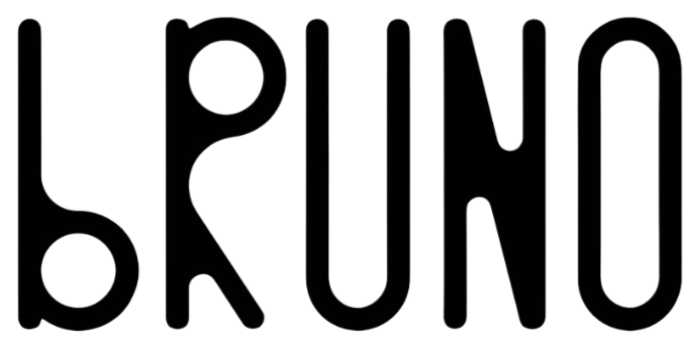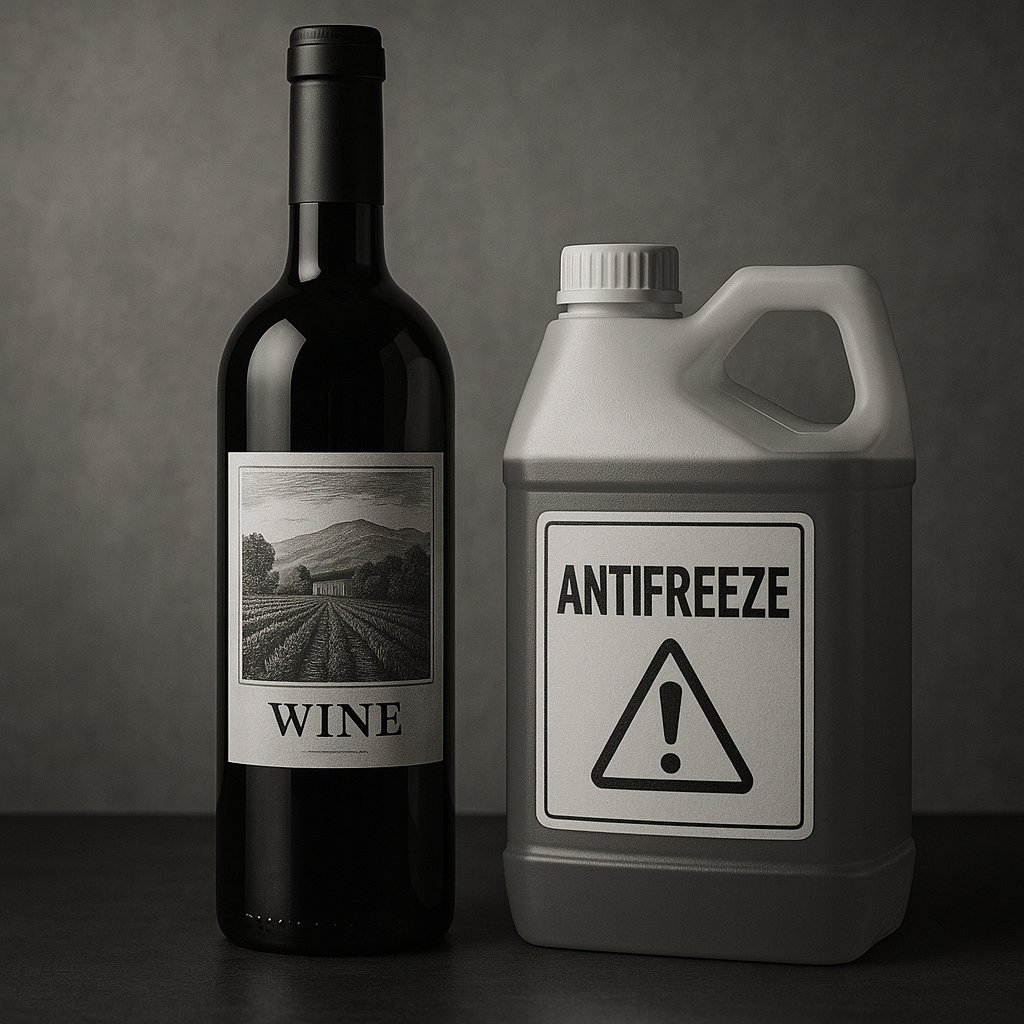When Austrian winemakers added antifreeze to their vintages—and no one noticed until it was too late.
Let’s talk about something that sounds fake but isn’t: in the mid-80s, a handful of Austrian wineries decided their wines weren’t sweet enough. So they spiked them—with diethylene glycol, a chemical best known for its starring role in car antifreeze. Yep, you read that right.
Turns out, a splash of antifreeze gives wine a little extra body and sweetness. Enough to fool some critics. Enough to help those same wineries compete with the late harvest Germans on the shelf. And enough to almost wreck an entire country’s wine reputation overnight.
For a while, things ran smooth. Bottles moved. Praise rolled in. The wines were “complex,” “elegant,” “surprisingly round.” No one asked why a budget Austrian white tasted like a Spätlese, a German term for late-harvest wine known for its complexity and aromas, on vacation in California.
Then a routine lab test in Germany blew the lid off. Exported wines flagged for contamination. Headlines screamed. Bottles were pulled from shelves. The global wine world spat out its sip.
The backlash was brutal. Austria went from emerging darling to pariah in a week. Entire vintages were destroyed. Reputations evaporated. And the punchline? Most people who drank it had no idea. Many even liked it.
Because let’s be honest: a good story still sells better than a clean label.
At Bruno, we don’t doctor the juice. We don’t chase fake prestige. We just taste, talk straight, and trust our gut. If it tastes good, it is good. If it needs antifreeze, maybe rethink your strategy.
So next time someone swears their wine is “refined,” ask if it can pass a crash test.
Drink Different. Or Die Bored.
Cheers,
Bruno



Share:
“I’m Not Drinking Any F*ing Merlot”
The Wine Mafia (And How It Makes You Pay More For The Bottle)